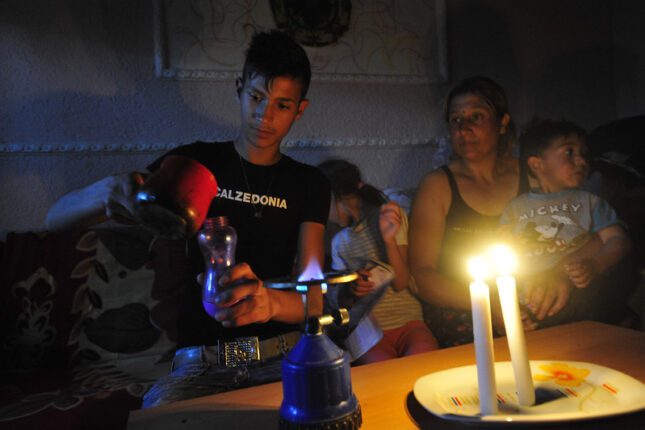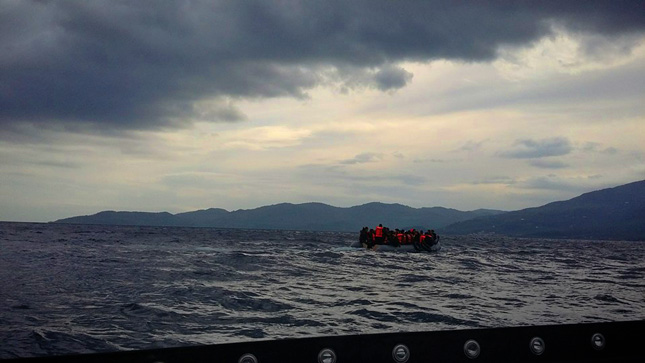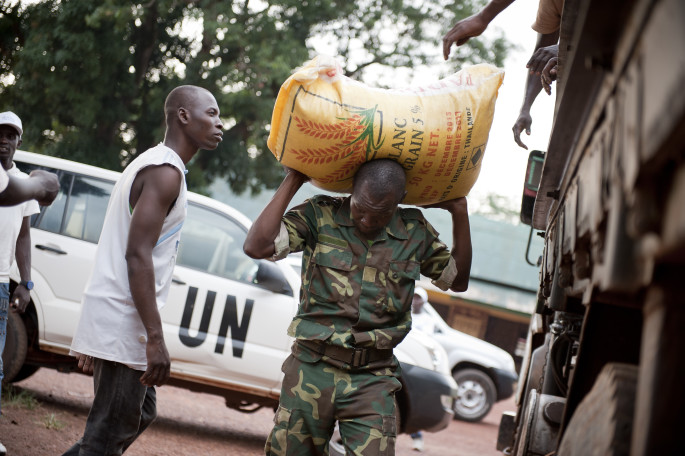-
An EU Lifeline Puts Norway in Russia’s Bullseye
›
Since Russia’s full-scale invasion of Ukraine on February 24, 2022, the Kingdom of Norway has played an ever-increasing role in reducing the European Union’s energy dependence on Russia. It will likely continue to do so in the near term, creating a stronger yet more sensitive relationship between the EU and one of its non-member states.
-
ECSP Weekly Watch | August 12 – 16
›
A window into what we are reading at the Wilson Center’s Environmental Change and Security Program
Mpox Outbreak a Global Health Emergency, Again (The Washington Post)
Various rapidly spreading mpox strains in Central and East African countries have led the World Health Organization (WHO) to declare the viral infection as a global health emergency. More than 15,000 people have been infected this year alone, with over 500 deaths reported. Mpox is transmitted largely through exposure to infected animals, as well as via skin-to-skin or sexual contact, and it disproportionately affects heterosexuals and sex workers.
-
Our Ocean and Cryosphere Under Threat
› Evidence of the effects of climate change continues to mount. We see it in extreme weather events, including droughts and intense hurricanes and cyclones, in biodiversity loss, and in erratic weather patterns around the globe. While many of these impacts rightfully make it into front-page news, climate change is also profoundly affecting parts of our planet that we do not understand well—the ocean and the cryosphere.
Evidence of the effects of climate change continues to mount. We see it in extreme weather events, including droughts and intense hurricanes and cyclones, in biodiversity loss, and in erratic weather patterns around the globe. While many of these impacts rightfully make it into front-page news, climate change is also profoundly affecting parts of our planet that we do not understand well—the ocean and the cryosphere.In September 2019, the International Panel on Climate Change issued a Special Report on the Ocean and Cryosphere in a Changing Climate (SROCC). The report provides a new and sobering analysis of current conditions, as well as projections into the future. Produced by more than 100 authors from 36 countries, the SROCC painstakingly reviews the latest scientific literature, referencing some 7,000 scientific publications in all.
-
The Deadly “Humanitarian Ping-Pong” of Refugee Rescue at Sea
›
In 2013, a boat capsized 61 miles from the Italian island of Lampedusa killing 268 refugees including 60 children. It was another horrific example of the risks taken by so many families fleeing violence in the Middle East and Africa. But recently released tapes of conversations with coast guard authorities reveal a deeper tragedy.
-
As More Aid Flows to Fragile States, a Call for a Better Approach
›March 7, 2017 // By Sreya Panuganti
Global poverty has been reduced dramatically over the past two decades. Less than 11 percent of the world’s population were living in extreme poverty in 2013 compared to 35 percent in 1990. But improvements have largely come in stable countries. Many of the remaining pockets of extreme poverty are in “fragile states,” countries that are vulnerable to internal and external shocks and can easily tip into crisis when faced with an environmental, economic, social, or political change.
Showing posts from category Norway.



 Evidence of the effects of climate change continues to mount. We see it in extreme weather events, including droughts and intense hurricanes and cyclones, in biodiversity loss, and in erratic weather patterns around the globe. While many of these impacts rightfully make it into front-page news, climate change is also profoundly affecting parts of our planet that we do not understand well—the ocean and the cryosphere.
Evidence of the effects of climate change continues to mount. We see it in extreme weather events, including droughts and intense hurricanes and cyclones, in biodiversity loss, and in erratic weather patterns around the globe. While many of these impacts rightfully make it into front-page news, climate change is also profoundly affecting parts of our planet that we do not understand well—the ocean and the cryosphere.



